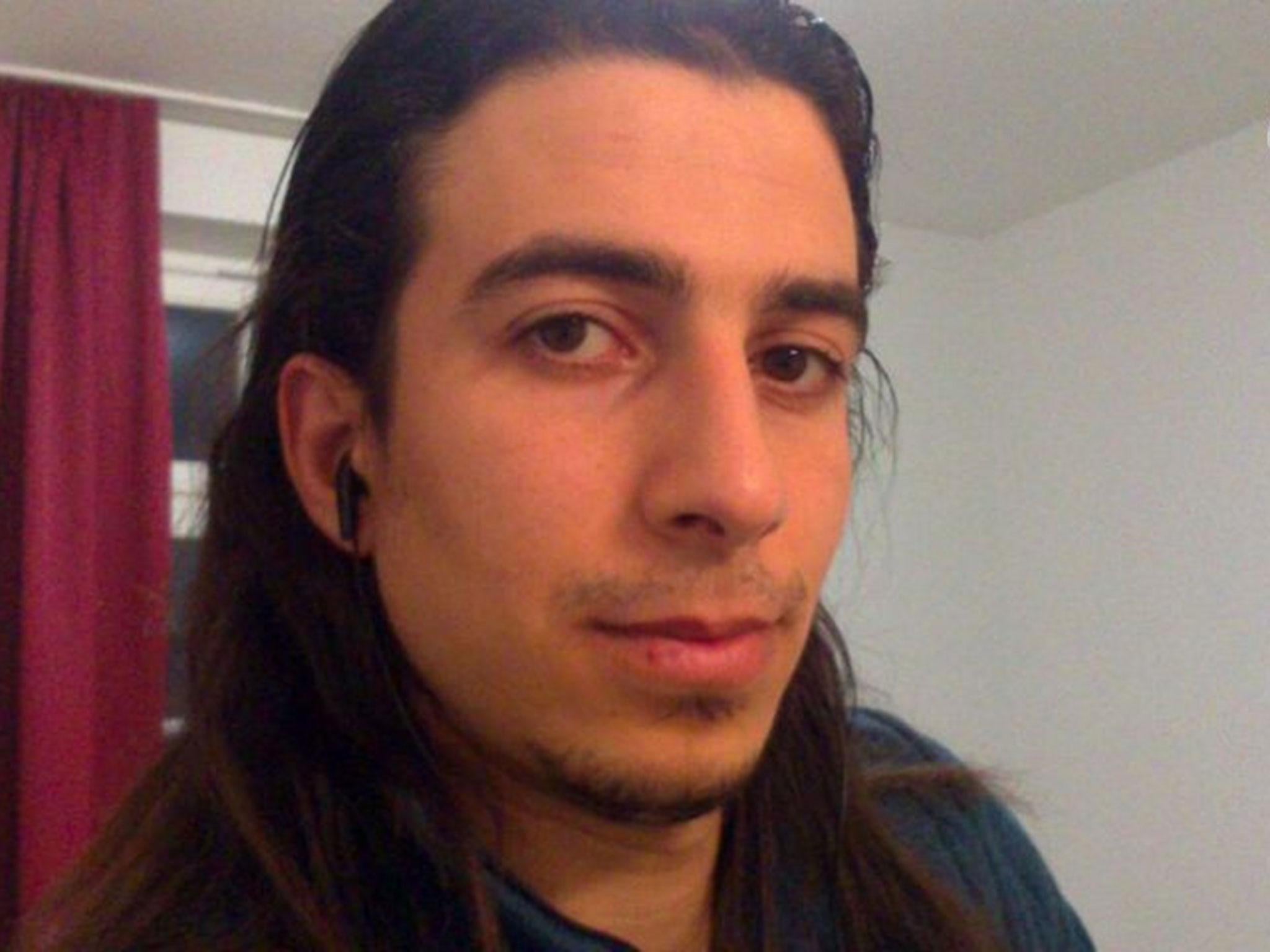Ansbach suicide bomber Mohammed Daleel 'fought for Isis and al-Qaeda' before coming to Germany
The extremist group's magazine alleges police failed to detect Daleel's plans while he took three months to prepare the bomb used in the attack

The bomber who blew himself up and wounded 15 people in Ansbach fought for Isis before travelling to Germany, the group has claimed.
The group's weekly al-Nabaa online magazine said Mohammad Daleel took three months to prepare the bomb used in the attack.
The magazine, published late Thursday, said the 27-year-old Syrian, who went to Germany as an asylum-seeker, had previously fought for a branch of al-Qaida in Iraq.
After the Syrian civil war erupted in 2011, Daleel formed a cell specialising in attacking Syrian government forces with hand grenades and Molotov cocktails.
When Jabhat al-Nusra, al-Qaida's branch in Syria, was founded, Daleel fought for them until he was wounded in a mortar shell attack, al-Nabaa says.
Daleel, who was allegedly known as Abu Yusuf al-Karrar, pledged allegiance to Isis after the group split from the Jabhat al-Nusra in 2013.
According to the article, he left the country for treatment and went to Europe, though the magazine does not say exactly where he went or how he got there.
Unable to return from Europe to fight with Isis, the magazine says he supported the group from afar by sharing their propaganda on social media before deciding to carry out an attack in Germany.
The magazine says he was in constant contact with an Isis soldier who encouraged him while he spent three months building the bomb.
During that period, the article alleges German police raided his home but failed to detect his plans.
Following the suicide bombing, which wounded 15, video emerged of Daleel pledging allegiance to the leader of Isis.
Bavaria's top security official Joachim Herrmann said according to an initial translation of the Arabic-language video the attacker announced a "revenge" attack against Germany.
"A provisional translation by an interpreter shows that he expressly announces, in the name of Allah, and testifying his allegiance to Abu Bakr al-Baghdadi, a famous Islamist leader, an act of revenge against the Germans because they're getting in the way of Islam," he said at a news conference.
Mr Herrmann added: "I think that after this video there's no doubt that the attack was a terrorist attack with an Islamist background."
Officers also said Daleel was facing deportation to Bulgaria when he blew himself up.
"Syrians cannot at the moment be deported to Syria at the moment, but that doesn't mean that Syrians overall cannot be deported," Tobias Plate told a news conference.
"The Syrian in Ansbach was facing deportation and this was to Bulgaria," he added.
Mr Plate said the man had received two deportation notices, most recently being told on 13 July he would be deported to Bulgaria.
He says the man was to be deported to Bulgaria because he had submitted his first asylum request in the southeastern European country.
Last year his application for asylum was rejected by German authorities, though due to the Syrian civil war he had been allowed to stay in the country.
A government spokeswoman told the same news conference it was too early to decide on changes to Germany's refugee policy before results from the investigation into the attack were published.
"The acts of the last days and weeks do not show a uniform picture," Ulrike Demmer said.
"Most terrorists who carried out attacks in Europe over the last months were not refugees."
Subscribe to Independent Premium to bookmark this article
Want to bookmark your favourite articles and stories to read or reference later? Start your Independent Premium subscription today.

Join our commenting forum
Join thought-provoking conversations, follow other Independent readers and see their replies